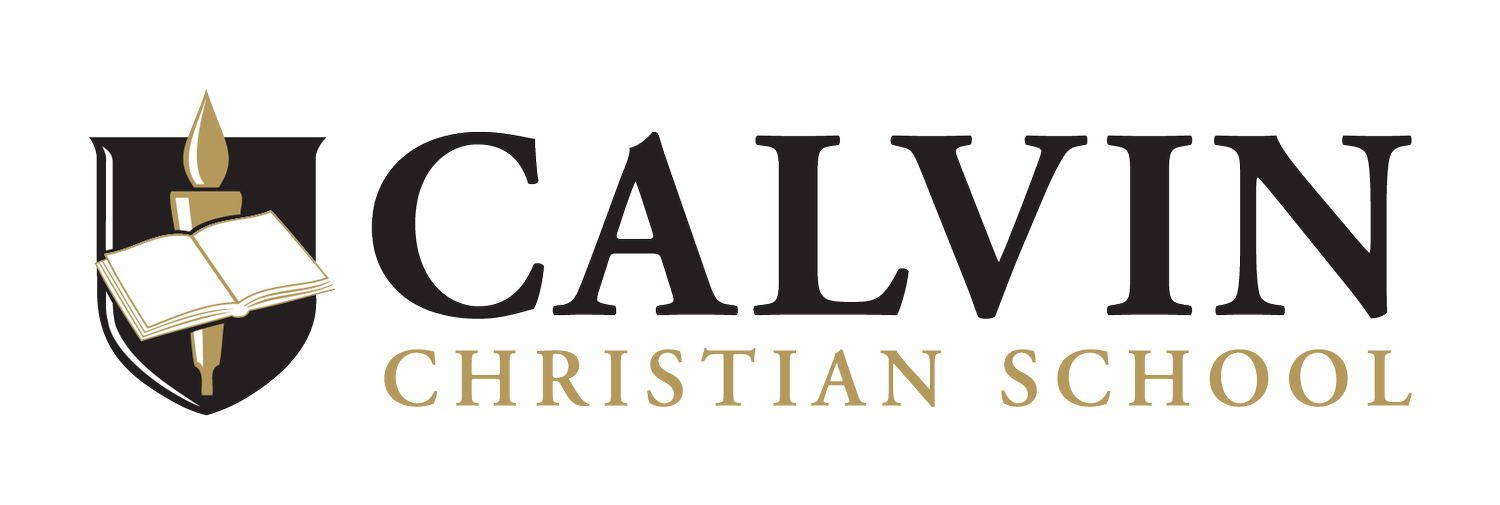I have been contemplating some ideas around choices lately. How do the decisions we make impact others? Our future? How can one seemingly small choice change the very course of our lives?
As I reflect on the past few months, I am sobered by the thought of what my family unit might have looked like today if we had acted on the choice for my wife and children to fly to South Africa in March for a holiday. I would have been in Tasmania—alone, whilst they would be in South Africa—not enjoying the vast beauty of the wildlife reserves and the beach resorts but, rather, isolated inside our house, unable to go anywhere, see anyone or do anything. In this case, a last minute choice saved us from a long term, albeit unintended, family separation.
No doubt each and every one of us has a similar story to tell of a choice that they either did, or didn’t act upon. One thing that is true about choices is that we have the freedom to make them. Perhaps that may be one of the many challenges I have faced during COVID-19. Some of our freedom to choose was taken from us. Whether it was borders closing, restricted socialising, rules and regulations being heaped upon us on an ever-changing daily basis, in each circumstance, we have had to adjust and adapt to a “new normal” and even that in itself has been a choice.
We have either had to choose to adapt and be in a space ready to prepare for what changes come, or choose not to adapt and then be in a space ready to repair from the changes that have come. John Maxwell quotes a mentor of his, John Wooden, when he posits that ‘there is a choice you have to make in everything you do. So, keep in mind that in the end, the choices you make, make you.’ One of the greatest statesmen to have ever lived, Nelson Mandela, had a choice to make after being wrongfully imprisoned for 27 years. He could have chosen to resent and seek retribution, but he chose forgiveness and grace and sought reconciliation instead.
“They came to realise that the choices they make now, will shape their future”
This week, Calvin Year 10 students along with those from Emmanuel Christian School had an opportunity to exercise their right to choose when, on Tuesday, they attended the subject selection information sessions presented by the teachers here at Calvin. In an engaging afternoon—where the students from Emmanuel were hosted by our Year 10 students—they all enjoyed hearing from the respective teachers who had subject information on display in the library. After the information sessions, a few activities, and a slice or two of pizza washed down with a cup of hot chocolate, the students filled in their expected and intended choices for their subjects next year.
In chatting with some of them, the excitement was tangible as they came to realise that the choices they make now will shape their future. They have also realised that the sessions were about illuminating the pathways available to them and that whilst they have made some indications of preferences, these are not set in stone.
As these young minds adapt and prepare for their future, through careful and thoughtful choice making, let us all choose a space that allows us to repair from the challenges of the past few months.
Ken Holloway – Director of Operations




